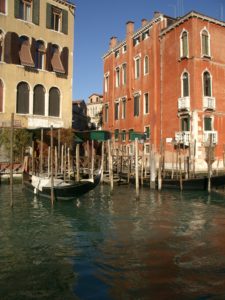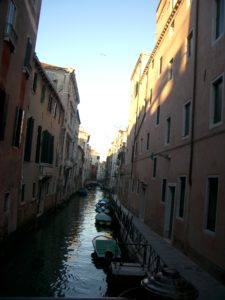I got a Linksys WRT54GS
wireless router/gateway thing so I can get rid of the cables in my apartment. Luckily I was right in thinking that this one can be connected directly to the DSL modem and use the DSL username and password. As far as I can tell, the regular WRT54G (without the S, which means Speedbooster) can not do this, so you'd need a cable from the DSL router to your PC, and a second network card connected to the wireless router, allowing you to get wireless networking only on a second computer. But it's not clear. I'm amazed that they sell anything. Their WAP54G would have worked, but I wanted a WRT54G just because it pleases me to know that Linux is running on it.
There's lots of firmware on the Linksys site, but I wasn't sure what would work on this german (WRT54GS-DE) version. I took a risk and found that the -EU firware works, giving me an English admin interface. Later I might risk the regular US firmware, in the hope that I'll get the ability to increase the signal power. But I'm not sure what happens if you try to flash it with dodgy firmware. Maybe there's no way back after that.
I have a 802.11b wireless card, but this wireless router can do 802.11g. I'd like to take advantage of that, but it doesn't look like there is one single 802.11g PCMCIA card that will just work on any mainstream linux distro. There are ways to make them work, but nothing close to simple. It all seems to involve either using the windows driver on Linux, recompiling your kernel, or hunting some non-distributable firmware, depending on the card.
Update:
So, according to the comments I could have saved money by getting the regular WRT54G
instead of the WRT54GS.
Also, in the PPPoE settings, I had to change the MTU from auto to manual 1492 to be able to use slashdot.org,
dreamhost.com, bahn.de, and ebay.de. I have only the faintest idea what MTU means, and I have no idea why the
WRT54GS can not automatically discover it for me.


